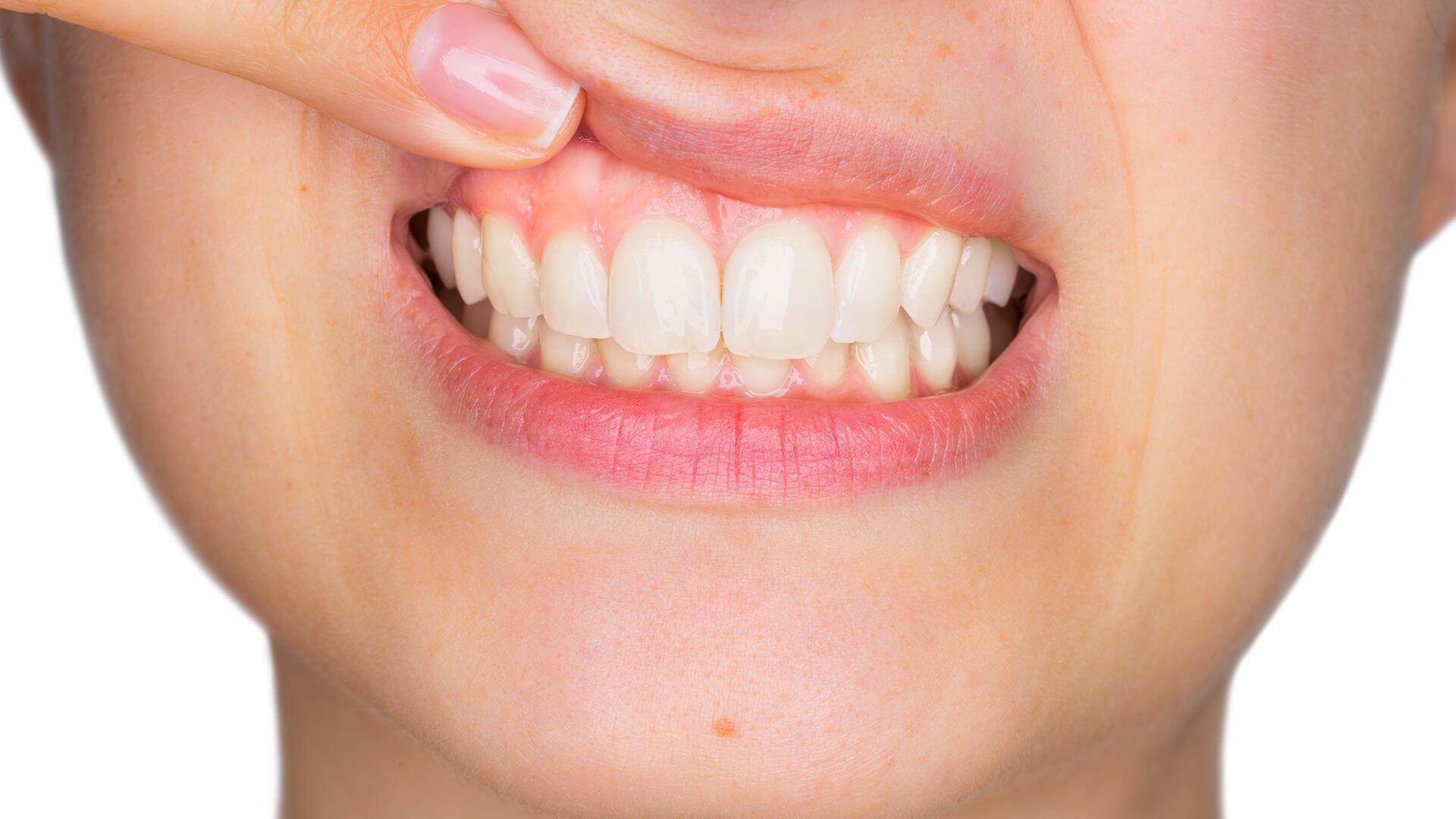People undergo oral surgery for a number of different oral- and tooth-related problems, including impacted, infected or abscessed teeth, or problems that cause inflammation. Oral surgery can involve anything from a root canal and similar treatments to the total extraction of a tooth or multiple teeth.
These procedures are designed to eradicate infection, but on occasion, complications occur, and this may cause other types of infection that require further medical attention. The human body has naturally occurring bacteria; some of which are beneficial, but some bacteria have the potential to be harmful. When the body’s immune system is compromised either because of chronic illness (such as diabetes, or other conditions that lower resistance,) or surgery, the potential for infection increases.
Is infection common after gum surgery?
Post oral surgery infection is a rare complication and typically happens most often with people whose immune systems are compromised or those who are diabetic. A possible indication of infection following the surgery is bleeding that is present 24 or more hours following the surgery. Some residual blood is natural during the first few hours following surgery, but it subsides and bleeding should no longer be a concern. Although there may be some swelling following oral surgery, this should also subside, and ice can help with that.
If you are a patient with compromised immune system or medical problems for which an infection would be serious, an antibiotic will usually be prescribed. The natural presence of bacteria in the mouth increases the likelihood that bacteria could enter exposed areas. That is why it is so important that only sterile gauze pads be placed in the mouth, and that you gargle with warm saltwater and any other antibacterial gargle that has been prescribed. The presence of any or all of the above problems indicates a possible infection
What are the risks of gum infection?
These complications can occur:
- Loss of the tooth
- Blood infection
- Spread of infection to soft tissue
- Spread of infection to the jaw bone
- Spread of infection to other areas of the body, which can cause brain abscess, inflammation in the heart, pneumonia, or other complications
What are the signs of infection after gum surgery?
- Throbbing pain that doesn’t respond to pain medication indicates a serious problem.
- Many people develop a fever following surgery, but should return to normal by the next day. If you have a low-grade fever that persists, or increases, contact Dr. Matthew Hilmi immediately.
- Increased swelling to the gums, jaw, or face is often indicative of infection, and it generally gets worse as the infection progresses. Seek prompt medical attention.
- Any oozing discharge such as pus is always indicative of an infection and requires treatment.
How to get rid of infection after gum surgery?
- your infection is severe
- your infection has spread
- you have a weakened immune system
The type of antibiotic you’ll need depends on the type of bacteria causing the infection. Different classes of antibiotics have different ways of attacking bacteria. Your dentist will want to choose an antibiotic that can effectively eliminate your infection.
Antibiotics of the penicillin class, such as penicillin and amoxicillin, are most commonly used to help treat tooth infections.
An antibiotic called metronidazole may be given for some types of bacterial infections. It’s sometimes prescribed with penicillin in order to cover a larger variety of bacterial species.
While penicillin antibiotics are common used for tooth infections, many people are allergic to them. Make sure to tell your dentist about any allergic reactions you’ve had in the past to medications.
If you’re allergic to penicillin, your dentist might a different antibiotic, such as clindamycin or erythromycin.
How long is the treatment of gum infection?
If you have a tooth infection that requires antibiotics, you’ll need to take them for about one weekTrusted Source. Depending on the type of antibiotic, you’ll need to take a dose two to four times a day.
You should receive instructions from your pharmacy detailing exactly how to take the antibiotic. You can ask the pharmacist if you’re not sure about how to take a medication.
Keep in mind that you might have to take a few courses of antibiotics before they get into your system and begin acting on the infection.
Always take the entire course of antibiotics prescribed by your dentist, even if your symptoms seem to disappear. If you don’t take the entire course, some bacteria may survive, making it harder to treat the infection.
How to prevent infection after gum surgery?
1.Take it easy
After your appointment, plan to spend the rest of the day resting. If they gave you a sedative, you’ll probably be drowsy. So you shouldn’t drive a car or do anything else that requires concentration. It’s also important to avoid strenuous activities. Don’t bend or lift anything that might dislodge the blood clots and cause bleeding. When you’re ready to go to sleep, use extra pillows to keep your head elevated.
2.Follow instructions.
The surgeon might tell you not to brush or use mouthwash, as your mouth may be too sensitive for regular oral hygiene. Or they could tell you not to brush the tender spot, but clean the rest of your teeth normally.
They might want you to rinse with salt water, a 1/2 teaspoon of table salt mixed in an 8-ounce glass of warm water.
Bottom line is to follow directions and keep the area clean of food bits to prevent infection.
3.Ice it
Your face might swell or have bruises. This is normal. For the first 24 hours, apply ice to your jaw for 30 minutes, remove it for 15 minutes, then do it again. If you had surgery on both sides of your mouth, switch from side to side with a single ice pack. Apply ice for 15 minutes before you move it over. The swelling should lessen after 2 or 3 days.
4.Block the blood
You might have some bleeding for the first day or so after surgery. Gently bite on folded gauze for a bit to help slow the flow. If the bleeding continues for more than 24 hours or is so heavy that the gauze needs to be changed more often, call your dentist or oral surgeon.
5.Guard the clot.
You don’t want to disturb the blood clot. It’s trying to heal the wounds in your mouth. So don’t use a straw, drink alcoholic or carbonated beverages, or smoke for at least 3 days after your procedure. Try not to spit too much, either.
6.Watch what you eat.
Cool, soft foods after surgery are good. Yogurt, applesauce, and instant oatmeal are solid options. Stay away from foods that are too hot, cold, tough, chewy, or spicy.
7.Take your pain meds
At first, you might need help managing the pain. Your dentist can give you a prescription for that. You may even be fine with an over-the-counter pain reliever like acetaminophen or NSAIDs. Whichever you choose, your pain should ease within 48 hours.
8.Keep an eye out
Look for infection, fever, swelling that lasts more than 2 days, and trouble swallowing or breathing. You can also have an allergic reaction to your anesthetic. Call your dentist right away if any of these things happen to you.
9.Check in
Go to all of your post-surgery follow-up appointments to make sure you’re healing well. Follow all your dentist’s instructions to avoid any complications.
When should we go to the doctor to eliminate the infection after gum surgery?
While these home remedies can help with tooth infection pain, they’re not treatments that will cure an infection on their own:
Keep in mind that dental abscesses can cause significant health problems, especially if left untreated. If you think you have an infection in your tooth, seek medical or dental care—or chat with a K doctor—right away to find out what’s going on.
Along with treating your infection, your provider can also help with pain relief.
You should also consult with a medical provider if your infection is currently being treated with antibiotics but symptoms aren’t resolving, or if they’re getting worse.
And if you have symptoms including fever, chills, confusion, or fast heart rate accompanied by a tooth infection, seek immediate medical care.
These signs could indicate a spreading infection or even sepsis, a potentially fatal complication that occurs when bacteria enters a person’s bloodstream.
What are the home remedies for gum infection?
If you think you have a tooth infection, talk to a dentist or doctor, who can diagnose and properly treat the problem.
But if you’re in pain and can’t get to a doctor or dentist right away, there are also home remedies for a tooth infection that can help manage the pain and keep the infection from spreading. In some cases, your provider may also recommend home remedies to manage your pain while they’re treating your infection.
While some of these home treatments aren’t likely to cause major medical concerns, it’s important to talk to a healthcare provider before you attempt to treat your own abscessed tooth.
Here are 7 natural remedies for a tooth infection.
- Baking soda
- Saltwater rinse
- Garlic
- Fenugreek tea
- Cold compress
- Oil pulling
- Aloe vera gel


